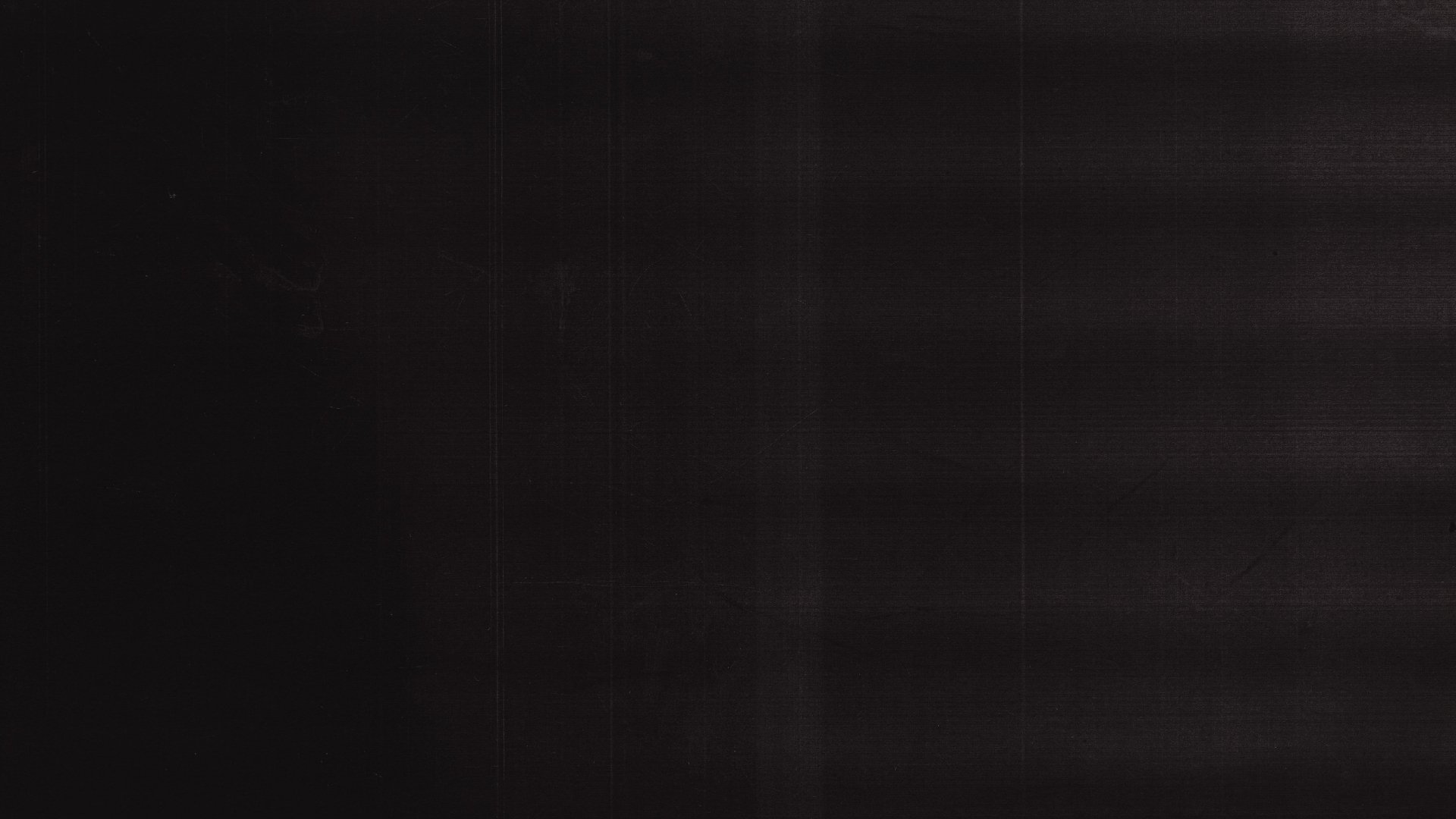
In Conversation
With Pascale Sablan
Story By: Jessie Taylor
Featuring: Pascale Sablan
Nashville Design Week 2020
Meet Pascale Sablan. You’ll be formally introduced during the [re]SHAPING THE DIALOGUE Nashville Design Week event. Pascale’s career kicked off in 2003 when she worked on the African Burial Ground National Monument, which marks the nation’s earliest and largest African burial ground thus far rediscovered in the United States.
For nearly eleven years, she has created sustainable and dynamic architectural designs all over the world, holding multiple leadership positions and receiving honors for her work, including the 2018 Pratt Alumni Achievement Award, the 2018 AIA Young Architects Award, and the NOMA Prize for Excellence in Design. She was also a Building Design+Construction 40 Under 40 honoree and was featured in the Council of Tall Building & Urban Habitat Research Paper—in the same company as the legendary architect, Zaha Hadid.
While working as a senior associate in New York City, Pascale founded Beyond the Built Environment, an architecture company created to address the unjust disparities in architecture. She’s given lectures at colleges and universities all over the U.S., as well as cultural institutions such as the United Nations and the Smithsonian National Museum of African American Heritage and Culture.
As Nashville Design Week invests in reshaping design by helping to foster a more diverse design community, we contacted Pascale to help us set the tone for [re]SHAPING THE DIALOGUE and Nashville Design Week as a whole.
“First, I would like to challenge the idea of "uncomfortable conversations." Uncomfortable for whom?
It is not about comfort; it's about justice. If speaking about racism and oppression makes one feel uncomfortable, then that's on that individual to self-reflect and understand why. ”
How do we engage, encourage, and support the next generation of BIPOC designers?
We begin by understanding the complex and multifaceted challenges that suppress BIPOC designers' access to the profession. (Hint: It’s not just a lack of mentorship.)
We ask the BIPOC designers what they need and give them the opportunity for their experiences to guide the well-intentioned effort to help.
We create an action list with dates and deadlines, establish metrics of success, and invest in implementing the co-developed initiatives.
When discussing inequalities within the design industry, what terms and statistics do you want the NDW audience to be familiar with?
NCARB by the Numbers Report
Design Justice Demands
Uncomfortable conversations drive change. What tactics have you found to be the most effective in helping people understand your point of view?
First, I would like to challenge the idea of "uncomfortable conversations." Uncomfortable for whom?
The point is to say, framing it as such already sets a priority and sensitivity for some people in the conversation, a courtesy that often has not been extended to those who are being marginalized or oppressed. It is not about comfort; it's about justice. If speaking about racism and oppression makes one feel uncomfortable, then that's on that individual to self-reflect and understand why. My priority in the conversation is to be thoughtful, to learn, and to express my values and strategies for achieving a diverse and inclusive profession / built environment through just and equitable practices.
My tactics are to stay honest, to speak from a position of learner and leader, all while staying authentic to my concerns and beliefs.
What educational materials do you suggest to the NDW community? Recommendations can be in the form of articles, talks, books, movies, podcasts, and more.
As we discuss the books that must be removed from the curriculum (in which the word "slavery" is being replaced with "unpaid laborer"), I have been looking to make a meaningful addition, a textbook for schools of designs. I am working toward publishing a Great Diverse Designers textbook and creating an online directory for business opportunities for the featured designers, leveraging the profiles that we've gathered. Due to the efforts of our Dismantling Injustice: Action 02 SAY IT LOUD - NOW Global Virtual Exhibition, our library now contains 395 profiles of Diverse Designers in the United States, the Caribbean islands, and from each inhabitable continent. Here’s a link.
Is there a question you would like the NDW community to consider prior to your event?
Acknowledging that architecture historically has been and continues to be used as a tool of oppression, name a project that oppresses a community, and identify the oppressed community. Name a project that heals and repairs a community, and identify the architect or firm.
—



